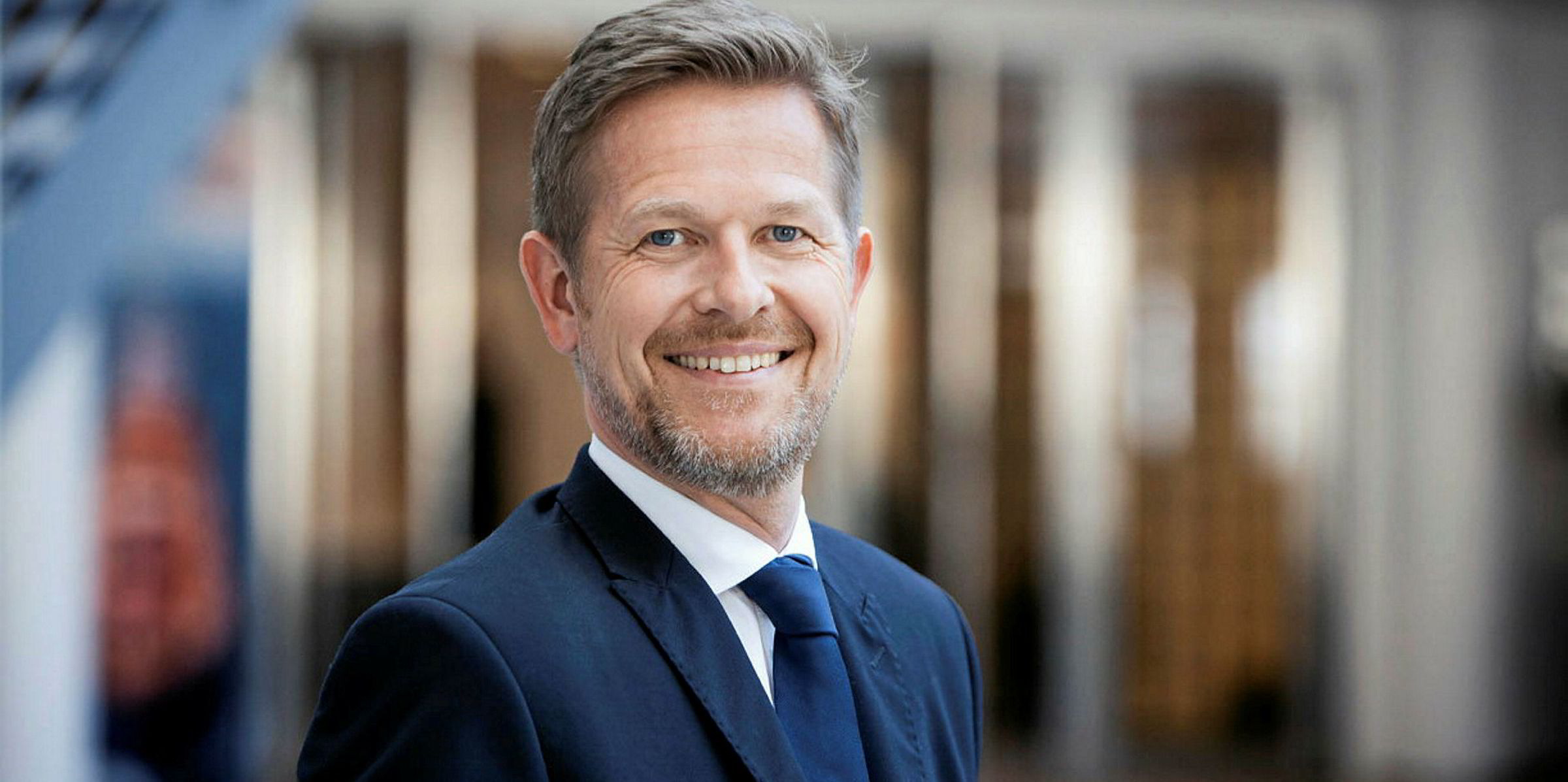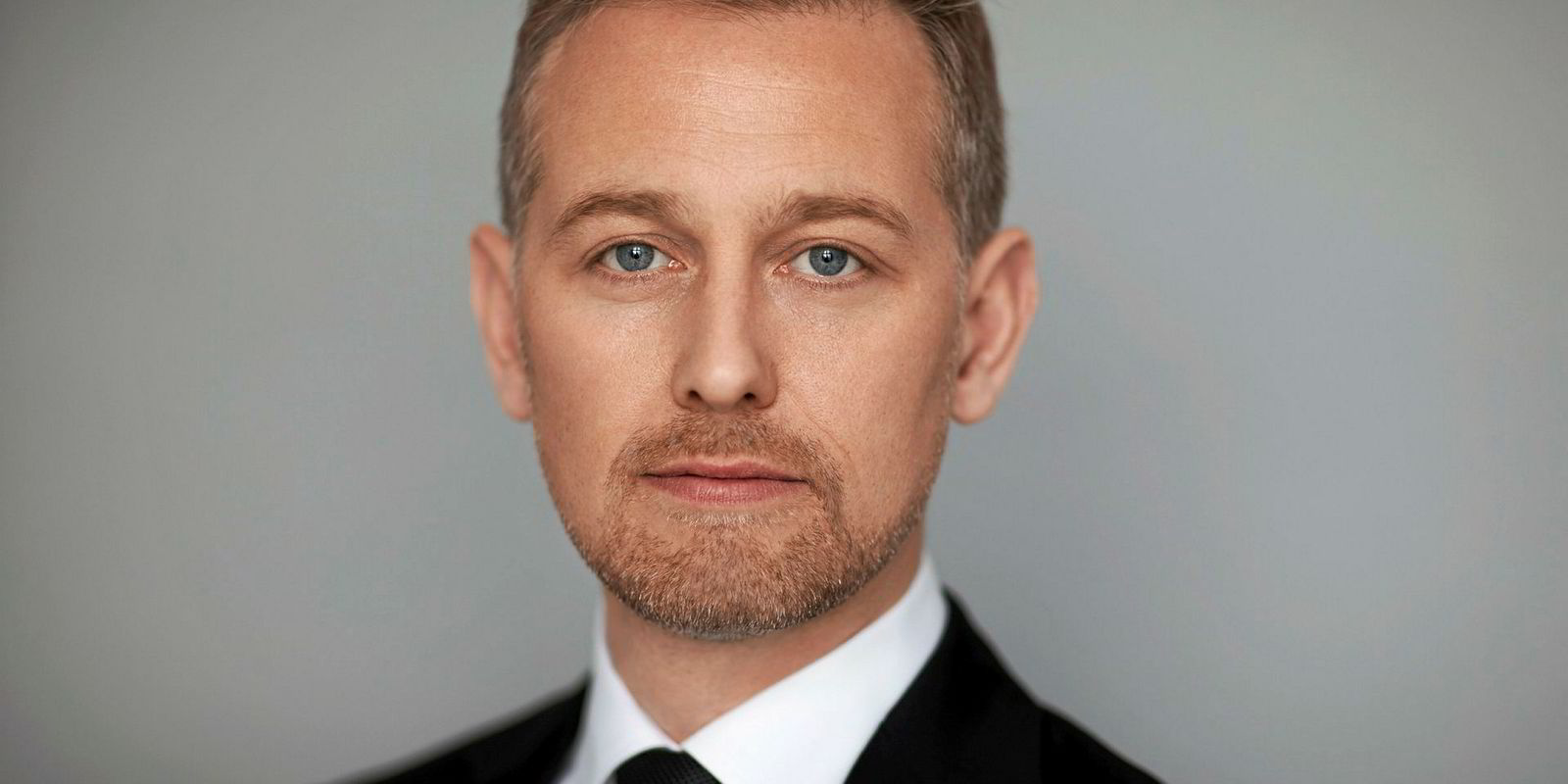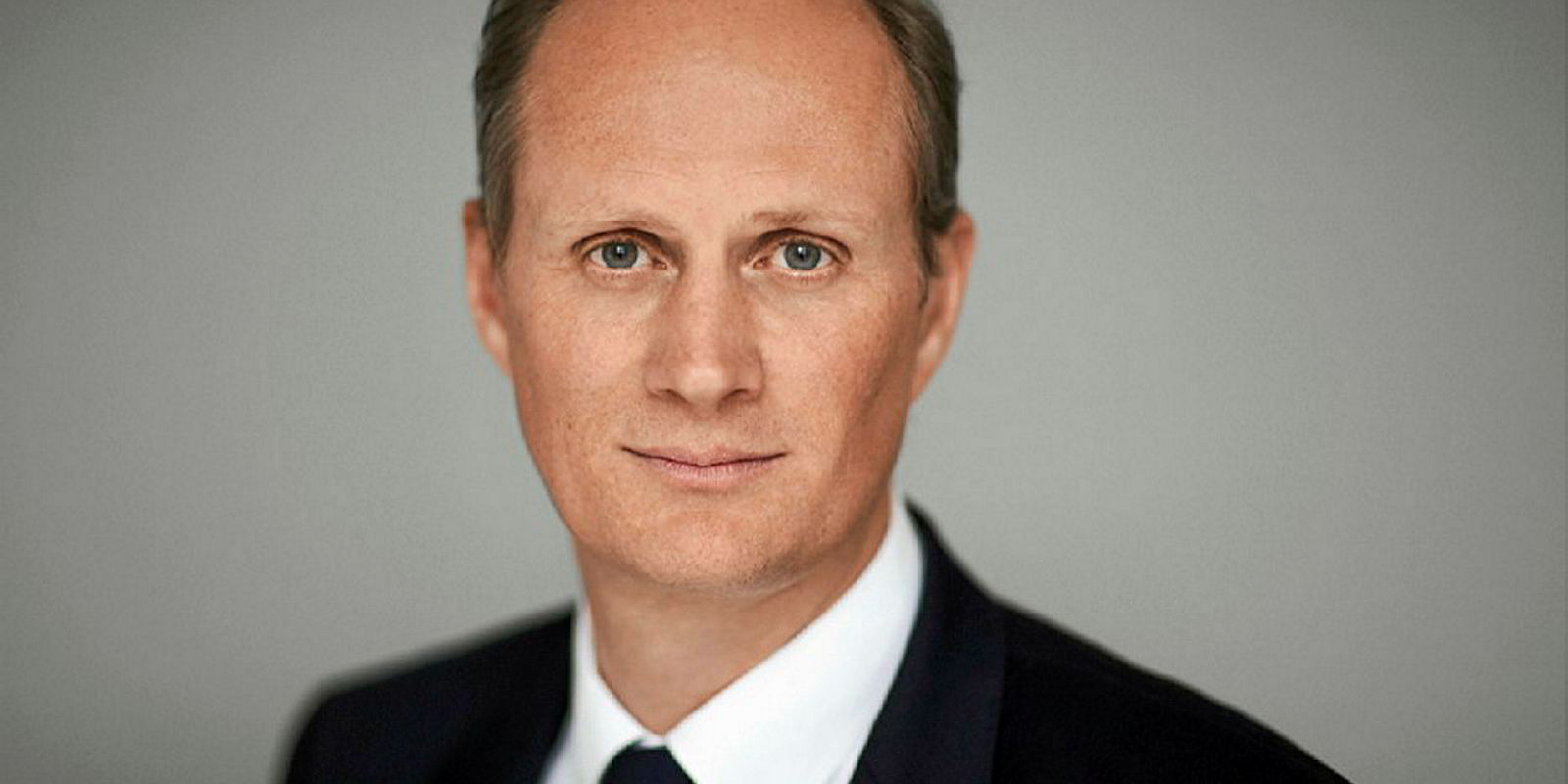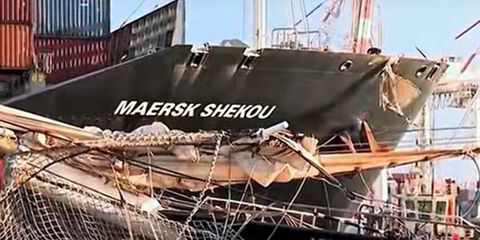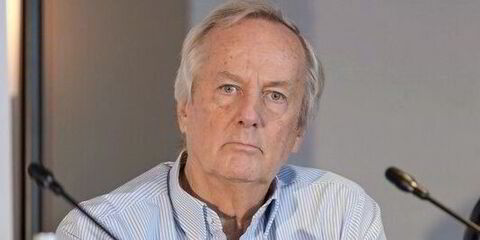Maersk Tankers has signed up a dozen new pool partners since the beginning of last year, including breaking into the Asian market.
The development follows an effort to recruit new partners outside of the European and US markets where Maersk Tankers has been traditionally strong, says head of management services Christian Ingerslev.
The new partners have brought 25 tankers to the system, with the largest growth in the MR arena.
Ingerslev says the new arrivals are a good mix of traditional shipowners and financial investors.
“In 2017, we experienced a very good success in breaking through to Asian shipowners. Traditionally, it [the company] has been very focused around Europe and [on] some US owners — now we are in Japan, Hong Kong, Singapore and lately India,” he says.
While he declines to identify clients, Ingerslev says Asian-based shipowners account for 25% to 30% of the tankers in Maersk Tankers pools.
Its fleet list names tankers from Unique Shipping and Island Navigation of China, as well as Japanese owners Fuyo Kaiun and Yamamaru Kisen.
It also includes Idan Ofer’s Eastern Pacific and Star Maritime of Singapore, Unicorn of South Africa, Great Eastern and Sanmar Shipping of India, and Cido Shipping.
Maersk Tankers was last year bought by AP Moller Holding, with Japan’s Mitsui & Co taking a minority stake. Ingerslev says the first Asian clients were secured before the deal and the progress is not directly related to the company’s new ownership structure.
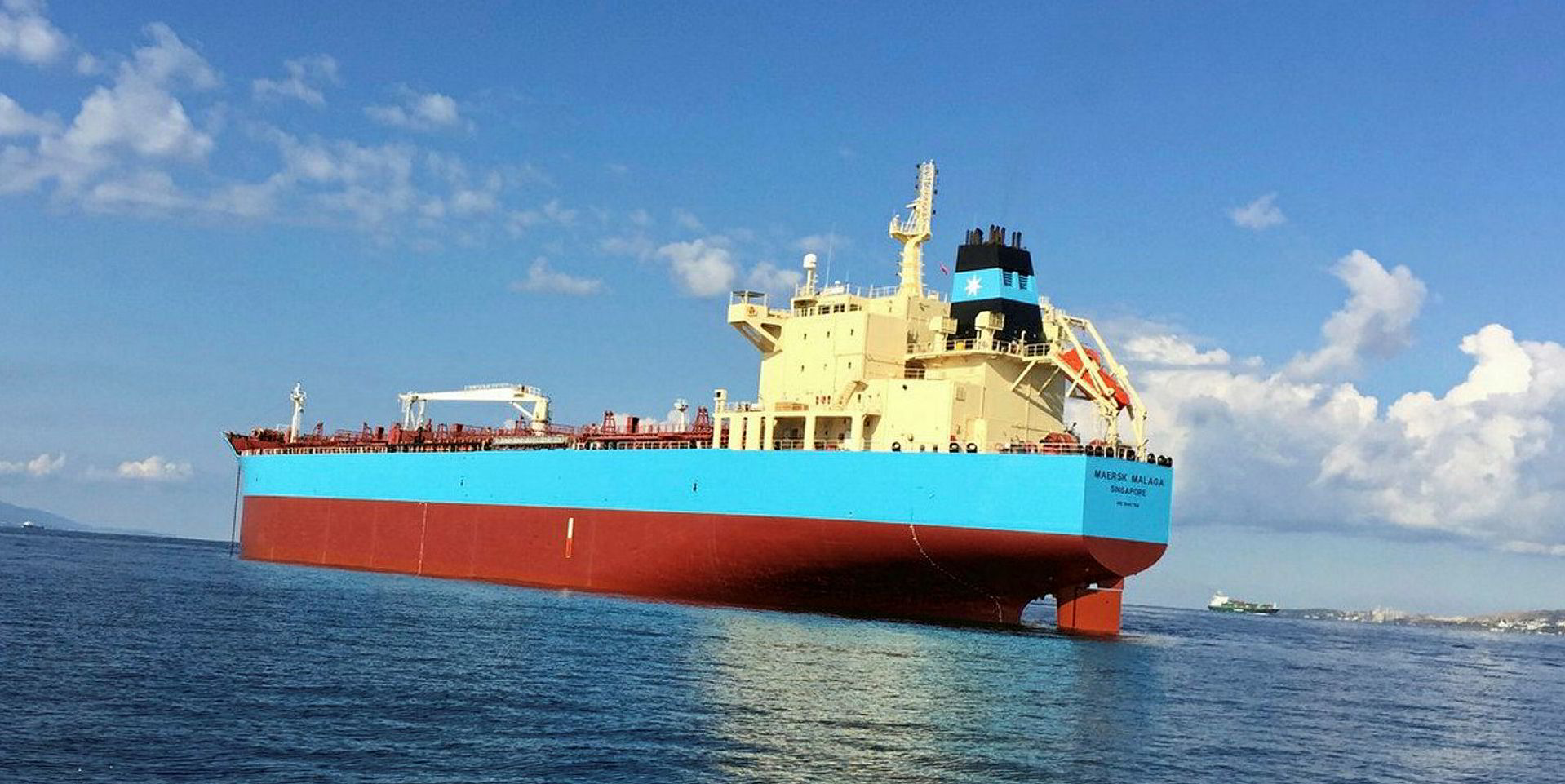
“Asian owners in general like to get some exposure to the western markets,” he says. “We have shown them that getting global exposure, which we offer, is a good way to manage their risk.”
Ingerslev — a namesake of Maersk Tankers chief executive Christian M Ingerslev — says the company plans to grow its pools business further and has around 100 third-party vessels in its sights.
Today, it has 65 ships across 25 different pool partners, with European partners including Navigare Capital, DSD Shipping, Njord Shipping and Harren & Partners.
“The fundamental idea about pools is to generate scale. We still believe in that being very important,” he says.
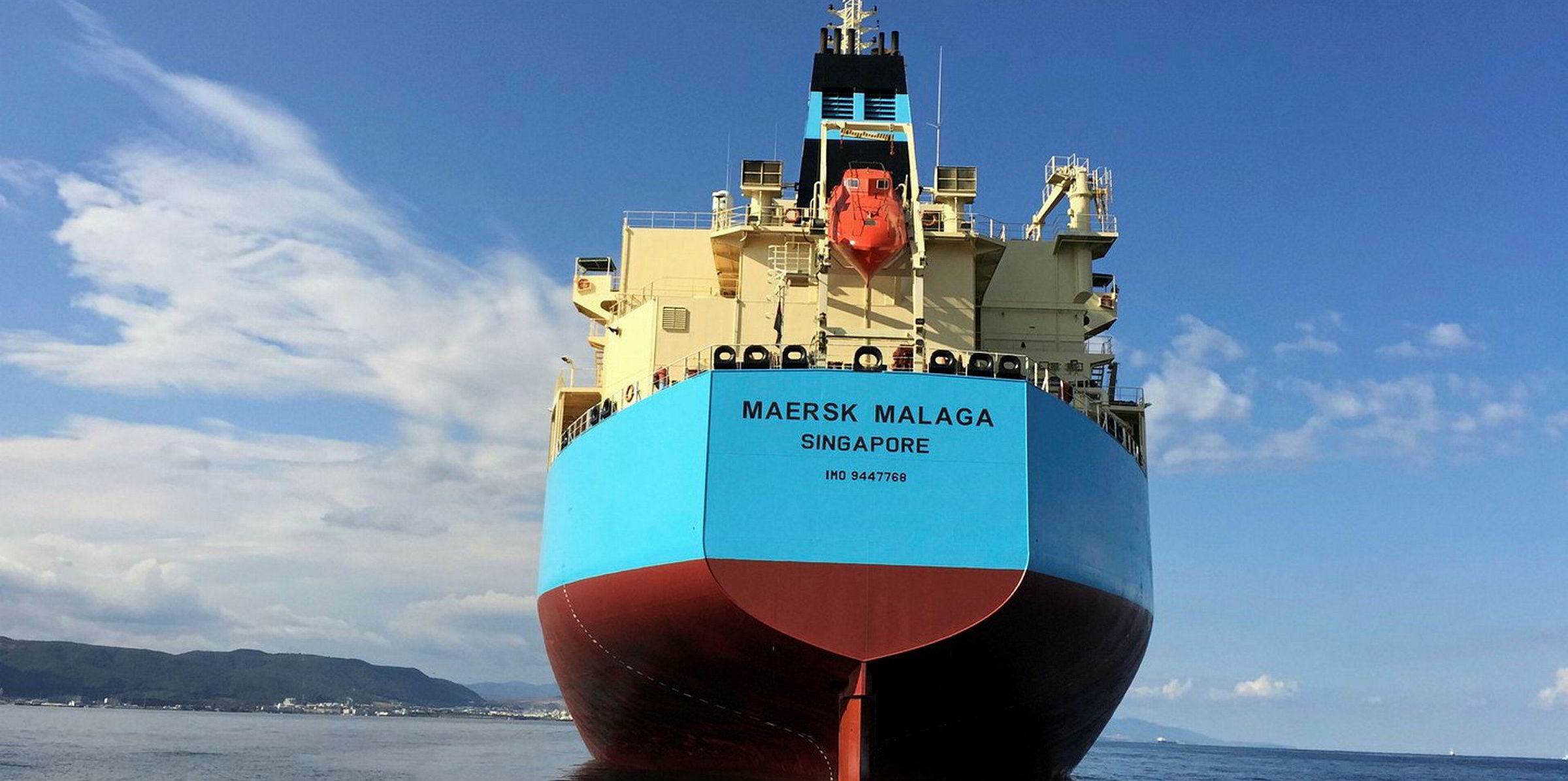
“It continues to be high on the agenda for us to attract new partners and vessels.”
Ingerslev — who says a new digital partner platform is under development for release later this year — admits that the improving market carries a potential risk, in that partners may look to take on time charters.
“But what we see, what we have experienced and what our research shows us, is that over the cycle the spot markets outperform time charter,” he says.
“Therefore, we believe being in the spot market over the long term will benefit pool partners. Our different approach to how we employ the fleet, making use of algorithmic trading to position vessels in the right markets, optimises earnings and cargo flow for partners.”
Ingerslev believes that the flexibility of Maersk Tankers pool has assisted its growth, noting it does not insist on minimum membership periods and has short withdrawal notices.
“Obviously, it’s not because we want our partners to get in and leave us quickly, but because we believe we have something different to offer that would make them want to stay,” he says.(Copyright)
